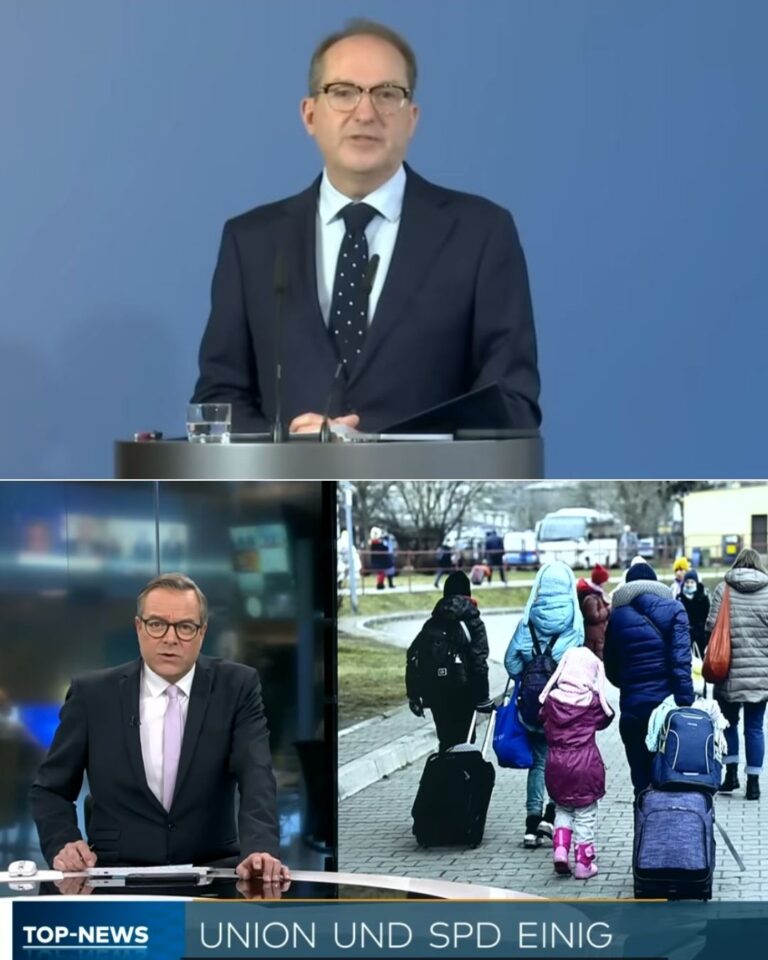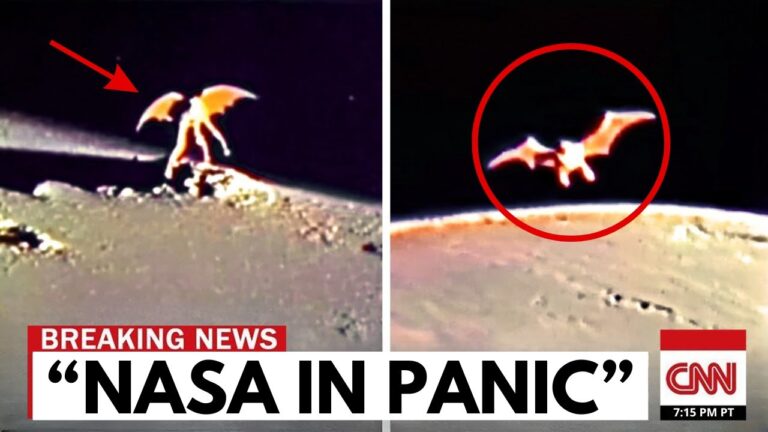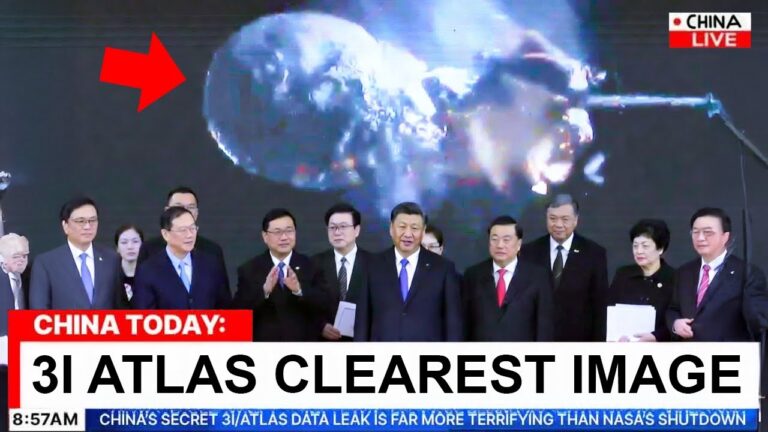In a shocking turn of events during a live taping of “Jimmy Kimmel Live,” former President Donald Trump found himself at the center of a tense exchange that left the audience in stunned silence. With his reputation as a self-proclaimed “very stable genius” on the line, Trump floundered in a moment that many are already calling a pivotal moment for his public image, one that could dramatically reshape the narrative as the nation gears up for the upcoming elections.
 The atmosphere was electric as Trump made his grand entrance on stage, welcomed by an explosive mixture of applause and jeers. The stage felt reminiscent of a heavyweight championship bout, where uncertainty danced in the air like a heavyweight fighter ready to trade punches. And trade punches he did—albeit verbal ones. The former president, determined to reinforce his narrative of intellectual superiority, wasted no time attacking his host, Jimmy Kimmel, calling him “one of the worst ratings” hosts before asserting his claimed “high IQ.”
The atmosphere was electric as Trump made his grand entrance on stage, welcomed by an explosive mixture of applause and jeers. The stage felt reminiscent of a heavyweight championship bout, where uncertainty danced in the air like a heavyweight fighter ready to trade punches. And trade punches he did—albeit verbal ones. The former president, determined to reinforce his narrative of intellectual superiority, wasted no time attacking his host, Jimmy Kimmel, calling him “one of the worst ratings” hosts before asserting his claimed “high IQ.”
With the laser focus of a boxer honing in on their opponent, Trump boasted about his supposed cognitive prowess, telling Kimmel, “I have the best words. I read more than anyone. I know the laws better than the lawyers. I’m a very stable genius, Jimmy. Everyone knows it.” But the real drama unfolded when Kimmel moved away from the usual comedic banter and presented Trump with a laminated sheet of paper containing the preamble of the U.S. Constitution. What seemed like a simple challenge quickly spiraled into a dizzying spectacle as the former president grappled with the most basic of reading tasks.
Kimmel, initially disarmed by Trump’s bravado, shifted gears into serious mode, asking if he could simply read a few lines out loud. The room fell silent, tension mounting as Trump squinted at the text, stalling for time while desperately attempting to maintain his composure. “Very beautiful,” he finally managed, fumbling with the words instead of reading them directly, all the while navigating the palpable anxiety amongst the audience. What was intended to be a demonstration of intellect turned into a trap that threatened to expose Trump’s most glaring vulnerabilities.
The diagnosed “very stable genius” found himself increasingly cornered, his bravado all but evaporating. The tension was so thick you could practically feel the audience holding its breath, waiting to see if he could pull himself from the brink of this verbal disaster. When Kimmel, with an almost casual delivered tone, asked the game-changing question—“Can you read this?”—the laughter evaporated, replaced by a haunting silence that echoed through the studio.
Caught in a moment of raw, existential dread, Trump froze, rendered speechless as he stared at the sheet in front of him. He could neither confirm nor deny his reading ability without severe repercussions for his carefully crafted public persona. For the first time in his public life, the former president appeared vulnerable, panicked, and utterly outmatched—not by a political adversary, but by the simple act of reading aloud.
In a last-ditch effort to regain control, he muttered that it was “a nasty setup” before abruptly exiting the stage, his microphone clattering against the desk in a dramatic finale that none in the audience would soon forget. The laminated paper remained starkly on display—a testament to the reality Trump tried so hard to deny.
This dramatic television moment transcends mere entertainment; it embodies a fracture in the narrative surrounding Trump’s alleged intellectual confidence as the 2024 presidential race looms large on the horizon. If this encounter underscores anything, it’s the power of simple truth in the face of grandiose claims—truth that now lingers ominously in public consciousness.
As the clip circulated on social media, combined with reactions from pundits and political commentators, many began to question: What does this mean for a man who has spent a lifetime crafting an image grounded in bravado, yet now appeared so easily unraveled?
Could this be the beginning of the end for Trump’s so-called genius image? As his supporters scramble to explain away the moment while critics revel in this newfound ‘knowledge’ about their leader, the fallout from this interview will undoubtedly echo far beyond the walls of that Los Angeles studio.
In a media climate rife with political gamesmanship and psychological warfare, Kimmel’s simple yet profound challenge reverberated with a clarity that left no room for misinterpretation. The spectacle of the evening encapsulated a larger narrative of trust, credibility, and the evolving landscape of American politics. Just as Trump’s signature bravado has often overshadowed doubts about his capabilities, this moment could serve as a poignant reminder of the ever-thinning veneer of invincibility that has long characterized his public persona.
As the nation holds its breath in anticipation of the forthcoming electoral battles, the consequences of this unforgettable confrontation may linger, reshaping perceptions and strategies not just for Trump, but for every aspiring political figure across the spectrum. One thing is for sure: this electrifying encounter signals a seismic shift in the arena where celebrity meets politics, where the rules of engagement transform, and where the audience—and the voters—remain watching, pens poised and ready to write the next chapter.
Whether this moment will be immortalized as a simple blunder, a major faux pas, a defining moment, or a narrative twist in the evolving saga of Donald Trump awaits to be seen. But, as the world of news continues to turn and political drama unfolds, this chillingly simple question will echo in the minds of many, “Can you read this?” and provoke a deeper inquiry into the very fabric of what a leader should represent.





